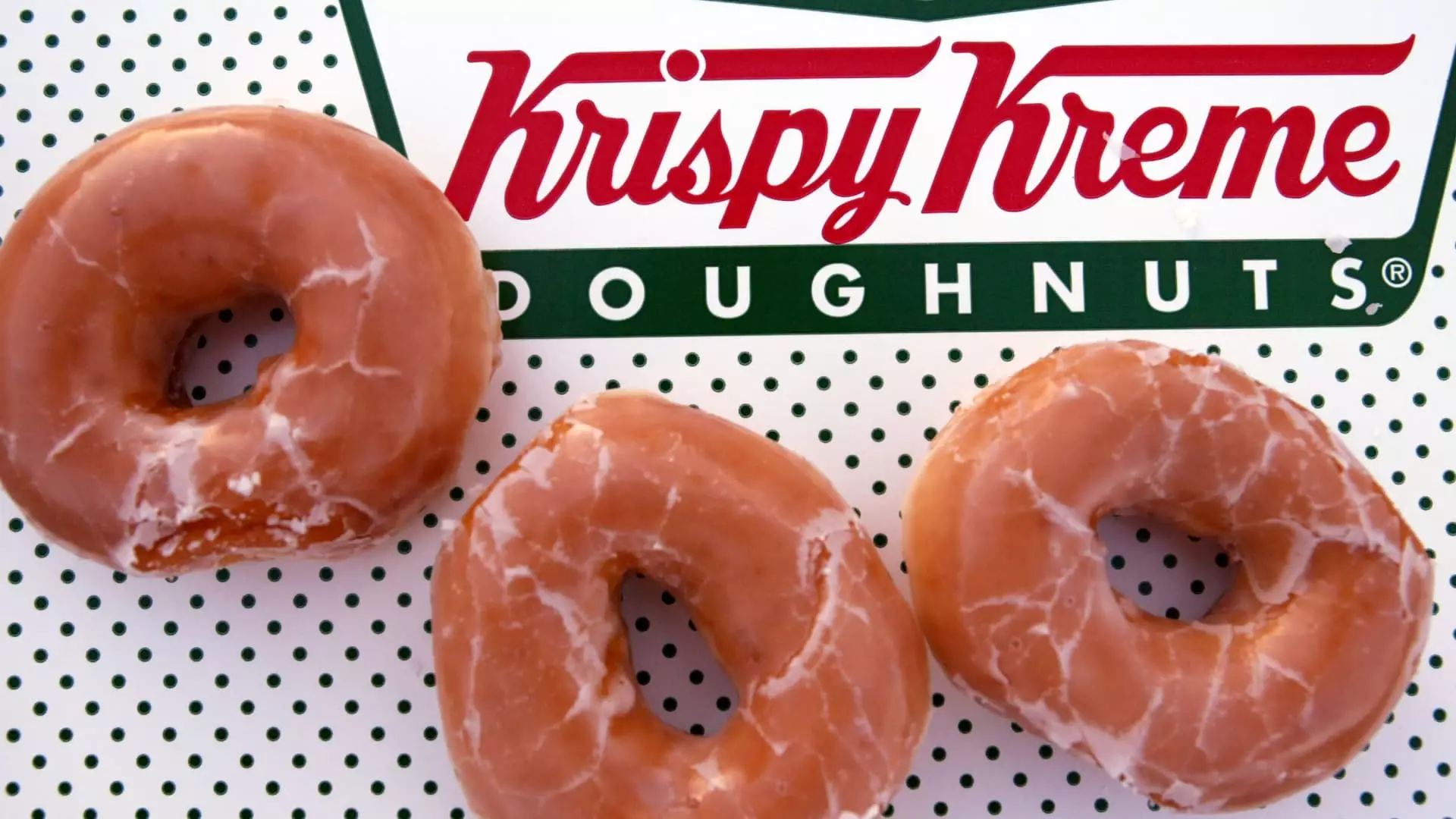In recent days, the frenetic activity on platforms like WallStreetBets demonstrates an unsettling shift within the retail investment landscape. Retail traders, fueled by meme culture and a desire to challenge traditional financial powerhouses, have cast their attention on obscure and undervalued stocks like GoPro and Krispy Kreme. Their collective push has propelled these companies’ shares into meteoric rises—GoPro surging by 43% and Krispy Kreme increasing by 25%. These gains, however, are not rooted in fundamental strength or long-term growth potential but in a speculative frenzy that threatens market stability. This phenomenon underscores a broader trend of short-termism that risks undermining the credibility of financial markets and inflates asset values beyond realistic valuations.
The Illusions of Value in a Shattered Market
What’s most troubling is that the stocks attracting this hype are structurally weak and poorly positioned for sustained growth. GoPro, a once-popular camera brand, now trades below $1 for much of the year—a clear indicator of its inability to adapt or innovate effectively. Krispy Kreme, despite its iconic status, is trading around $4 with nearly 30% of its float sold short. Both stocks are emblematic of fallen giants—cheap, volatile, and ripe for volatile speculation rather than genuine investment. The significant short interest highlights the collective gamble that most market participants are engaging in—a high-risk game with the potential for catastrophic losses. The fact that meme traders are aligning on such underperforming assets demonstrates a dangerous disconnect: valuations are increasingly detached from underlying economic realities.
The Broader Market’s Mirage of Stability
This speculative wave coincides with a seemingly bullish macroeconomic environment. The broader market, buoyed by positive economic indicators and optimistic political developments, continues to climb. The S&P 500’s record-setting streak—up more than 7% in 2025—lulls many into believing that the economy is resilient. However, this optimistic veneer masks systemic vulnerabilities. The recent rally is driven more by hope than data; policymakers and investors are assigning unwarranted confidence to fleeting legislative promises and a temporary easing of trade tensions. This disconnect between real economic fundamentals and market sentiment could ultimately lead to a harsh correction, especially if the sentiment-driven rally becomes unsustainable.
The Dangers of Herd Mentality and Speculative Euphoria
What is inherently problematic about these short-term pump-and-dump patterns is their reliance on herd mentality. Retail investors, often lacking the discipline or information to make rational decisions, are riding waves of emotional fervor. They are encouraged to go “all-in” with high leverage, as reflected in the popular “YOLO” memes—an attitude that dismisses risk in favor of quick profits. Such behavior fosters market bubbles based on social media hype rather than sound economic fundamentals. If history teaches us anything, it’s that these bubbles are inherently fragile; they burst as quickly as they form, leaving most retail participants holding the bag. While WallStreetBets may appear as a rebellious force challenging Wall Street’s dominance, in reality, it risks becoming a catalyst for the kind of instability that breeds financial crises.
The Need for Caution in a Craze-Driven Environment
As we witness this latest surge in meme stocks, a sober reflection is necessary. These speculative pursuits do not enhance the economy—they only feed into an illusion of prosperity. Policymakers and seasoned investors must recognize the signs: high short interest, unlimited risk exposure, and overinflated valuations disconnected from economic realities. While the temptation to chase quick gains can be strong, a prudent, centrist approach rooted in economic fundamentals is essential to prevent a speculative bust that could scar the broader financial system. In this climate, skepticism and disciplined risk management are the only reliable defenses against the destructive allure of meme-driven market madness.

